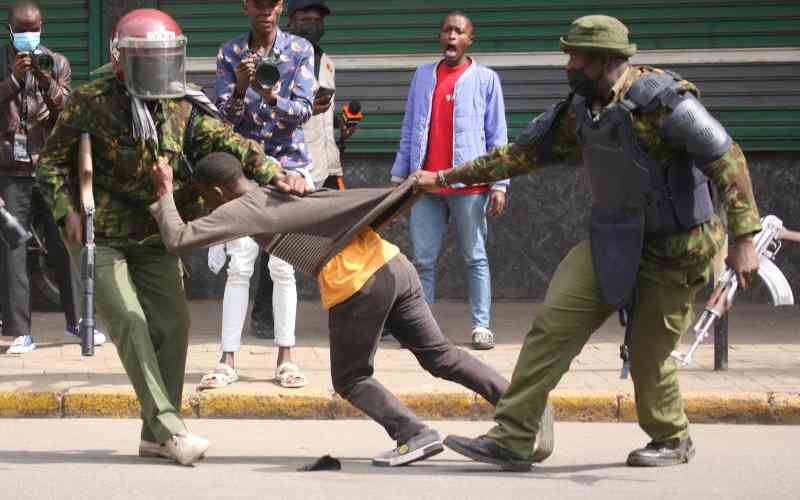×
The Standard e-Paper
Fearless, Trusted News

It is his reluctance that mostly stood out as he faced pressure for action by Kenya's youngest adults.
Sacking Cabinet Secretaries, President William Ruto said during an X Space engagement, was not as easy as the Gen Z and Millennial protesters imagined.